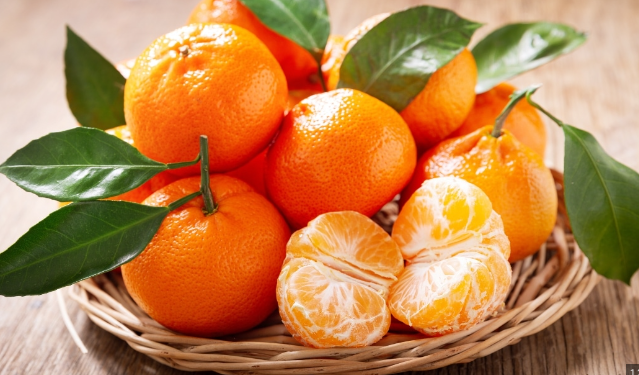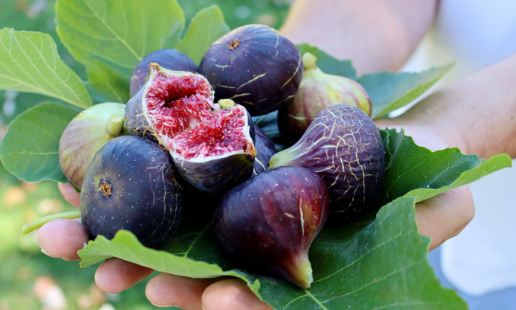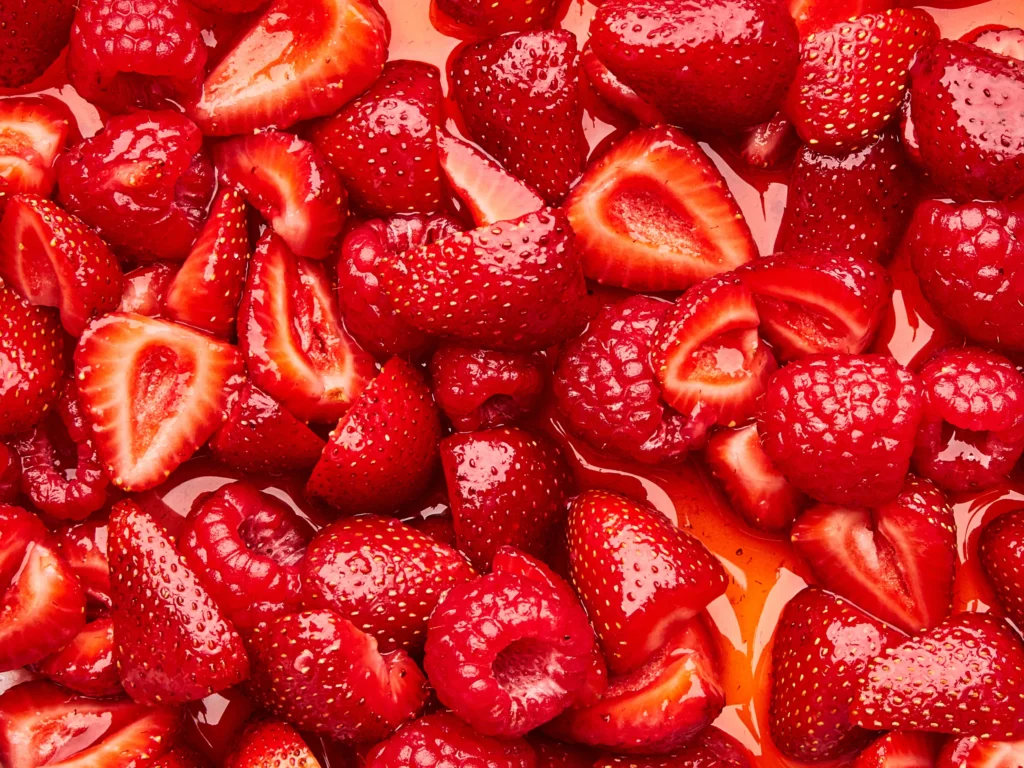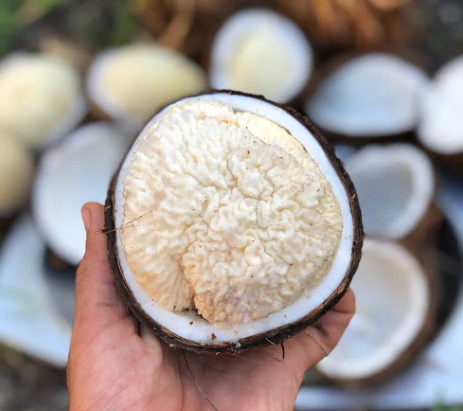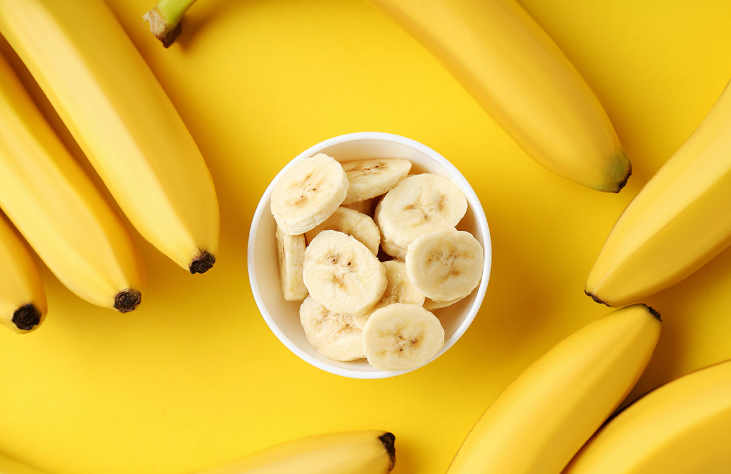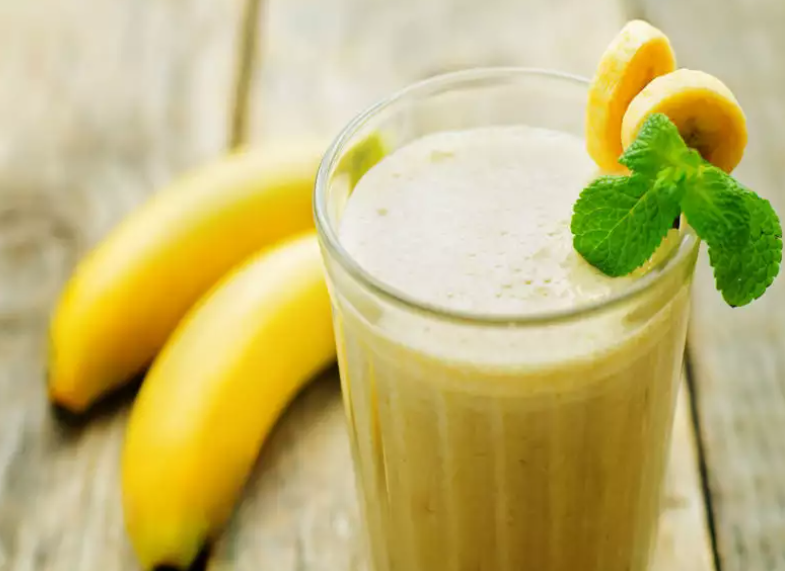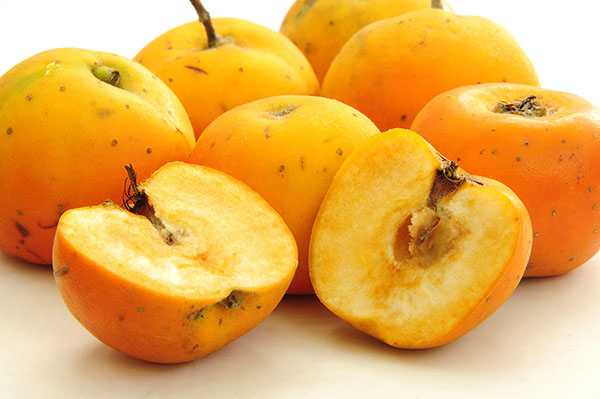Eating lots of fruits and vegetables is great for your health. But why exactly are these foods so good for us? This article explains the many benefits of fruits and vegetables and why you should eat them every day for the best health.
Table of Contents
- Nutrient-Dense Foods
- Vitamins
- Minerals
- Other Healthy Plant Compounds
- Full of Antioxidants
- 1. Anthocyanins
- 2. Vitamin C
- 3. Vitamin E
- 4. Beta-carotene
- Lots of Fiber
- Soluble Fiber
- Insoluble Fiber
- Help with Weight Control
- Cutting the Risk of Long-Term Diseases
- Heart Disease
- Type 2 Diabetes
- Cancer
- Adding More Fruits and Veggies to Your Life
- Smart Shopping
- Prepare Ahead of Time
- Make Meals More Colorful
- Drink Your Greens (and Reds and Yellows)
- Healthy Snacking
- Feel the Goodness
Nutrient-Dense Foods
Fruits and vegetables are packed with important nutrients our bodies need. Let’s look at some of the vitamins and minerals you can find in them:
Vitamins
- Vitamin A – It helps you see better at night, fights infections, and keeps your skin healthy. You can find it in things like carrots and spinach.
- Vitamin C – It’s good for your bones, skin, and helps you heal. Citrus fruits like oranges and vegetables like bell peppers are full of Vitamin C.
- Vitamin K – This helps your blood clot when you get a cut and keeps your bones strong. Green leafy veggies like kale are loaded with Vitamin K.
- B Vitamins – These help your body turn food into energy to keep you going. They are found in lots of foods like avocados and peas.
Minerals
- Potassium – Keeps your heart beating normally and muscles working right. Foods like bananas and potatoes have lots of potassium.
- Magnesium – Helps your muscles and nerves stay healthy. Leafy veggies and beans are good sources of magnesium.
- Iron – Your blood needs it to carry oxygen around your body. You can get iron from lentils and spinach.
Other Healthy Plant Compounds
- Lycopene – This makes tomatoes red and helps to fight off diseases that can make you sick.
- Lutein – Keeps your eyes healthy, especially as you get older. It’s found in green veggies.
- Quercetin – Could help your heart by keeping your blood vessels healthy. It’s in foods like onions.
So, fruits and vegetables have lots of good stuff that helps your body stay strong and healthy, like vitamins, minerals, and other special plant nutrients.
Full of Antioxidants
Your body makes waste molecules called free radicals during everyday things like eating and breathing. They can damage your cells if you have too many. But don’t worry, fruits and veggies have antioxidants that help clean up these free radicals.
Some of the best antioxidants in fruits and veggies are:
1. Anthocyanins
These give berries and grapes their deep blue and purple colors. They can help your brain work better and keep your heart healthy.
2. Vitamin C
Vitamin C is not just for stopping colds. It helps your skin stay firm and healthy. You can find it in fruits like oranges and veggies like broccoli.
3. Vitamin E
Vitamin E is good for protecting your cells. Nuts and green veggies like spinach are full of it.
4. Beta-carotene
This is what makes carrots orange. It’s good at stopping free radicals, too.
By eating a lot of different fruits and veggies, your body gets a big team of antioxidants that help protect your cells from damage.
Lots of Fiber
Another benefit of fruits and veggies is fiber. Fiber is good for your digestion and keeping your heart healthy. It comes in two types: soluble and insolible.
Soluble Fiber
- It’s in oats, apples, and citrus fruits.
- Can help lower bad cholesterol in your blood.
- Makes you feel full so you don’t eat too much.
Insoluble Fiber
- Wheat bran and veggies have this kind of fiber.
- Helps you stay regular and not get constipated.
- Helps food move through your digestive system more quickly.
Having both types of fiber in your diet helps keep your stomach and heart in good shape.
Help with Weight Control
To keep at a healthy weight, eating fruits and veggies can really help. Let’s talk about why they’re so good at this:
- The fiber in them helps you feel full for longer, so you eat less.
- They have a lot of water, which makes you feel full without adding calories.
- They give you a lot of nutrients but don’t have a lot of calories.
Eating fruits and veggies can help stop hunger between meals and make it less tempting to snack on less healthy foods. Plus, studies have found people who eat more fruits and vegetables usually weigh less.
Cutting the Risk of Long-Term Diseases
Eating more fruits and veggies can really help you avoid getting sick with things like heart disease and diabetes that many people have today.
Heart Disease
Produce is filled with stuff like fiber and vitamins that help your heart in different ways. They can lower your blood pressure and make your arteries less puffy.
Type 2 Diabetes
Fruits and veggies have natural sugars and fiber which help keep your blood sugar and insulin levels normal.
Cancer
There are special nutrients in plants, like lycopene and anthocyanins, that can fight against cancer cells.
And it doesn’t stop there – eating lots of fruits and vegetables can also help protect you from things like Alzheimer’s disease, losing your eyesight, and problems with your kidneys.
Adding More Fruits and Veggies to Your Life
Now that we’ve talked about how fruits and vegetables are really good for you, let’s look at ways to eat more of them every day.
Here are some easy tips to get more fruits and veggies in your diet:
Smart Shopping
- Walk around the edges of the grocery store where fresh food is usually located.
- Look for fruits and veggies with lots of different colors.
- Buy ones that are in season because they taste better and might be cheaper.
- If you can’t find fresh ones, frozen fruits and veggies are good, too.
Prepare Ahead of Time
- Rinse, cut, and keep them in see-through containers so they’re ready to eat.
- Carry things like sliced apples or little carrots with you for a quick snack.
- Create a veggie tray at the start of the week for easy snacking.
Make Meals More Colorful
- Add some berries or banana slices to your morning cereal or yogurt.
- Have a big salad for lunch.
- For dinner, you can roast, fry, or stir some veggies to go on the side.
- Throw some vegetables into soups, stews, or baked dishes.
Drink Your Greens (and Reds and Yellows)
- Blend leafy greens like spinach into a smoothie.
- Put slices of cucumber or fruit into your water for some flavor.
- Try juices made from carrots, beets, or tomatoes.
Healthy Snacking
- Eat apple slices with some peanut butter on them.
- Make your own kale chips in the oven.
- Have some plain yogurt with fresh berries mixed in.
- Snack on fresh or dried fruit.
Feel the Goodness
Choosing to eat lots of fruits and vegetables is a really good move for your health. They’re full of things that fight diseases and can make you feel more energized. Plus, they’re hydrating and don’t have the bad stuff that processed foods do.
If you plan your meals and do a bit of prep work, it’s not hard to include more fruits and veggies in what you eat. Once you start feeling how much better you are with them in your diet, you’ll always want to have them around!

